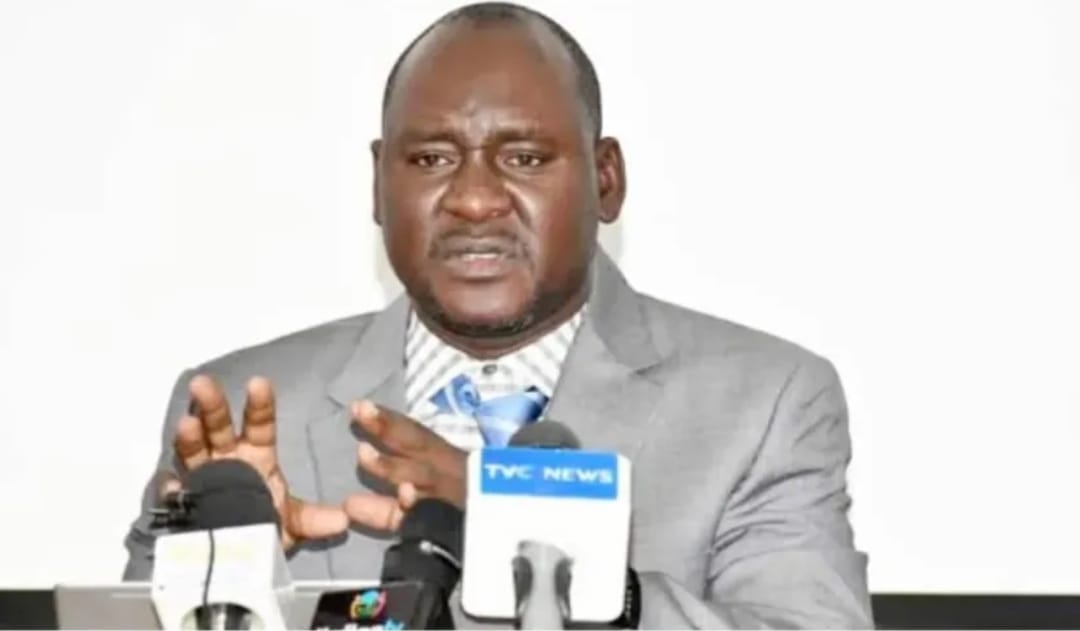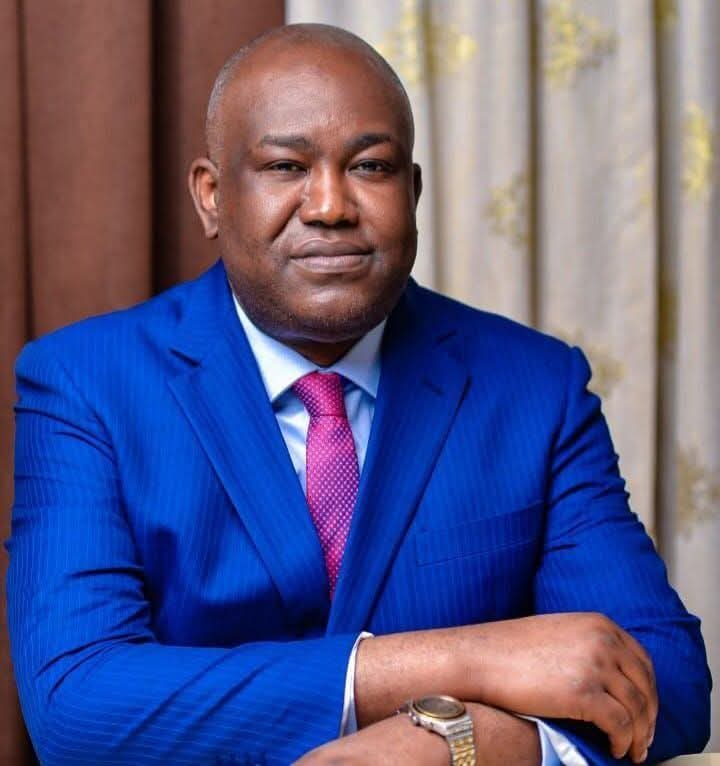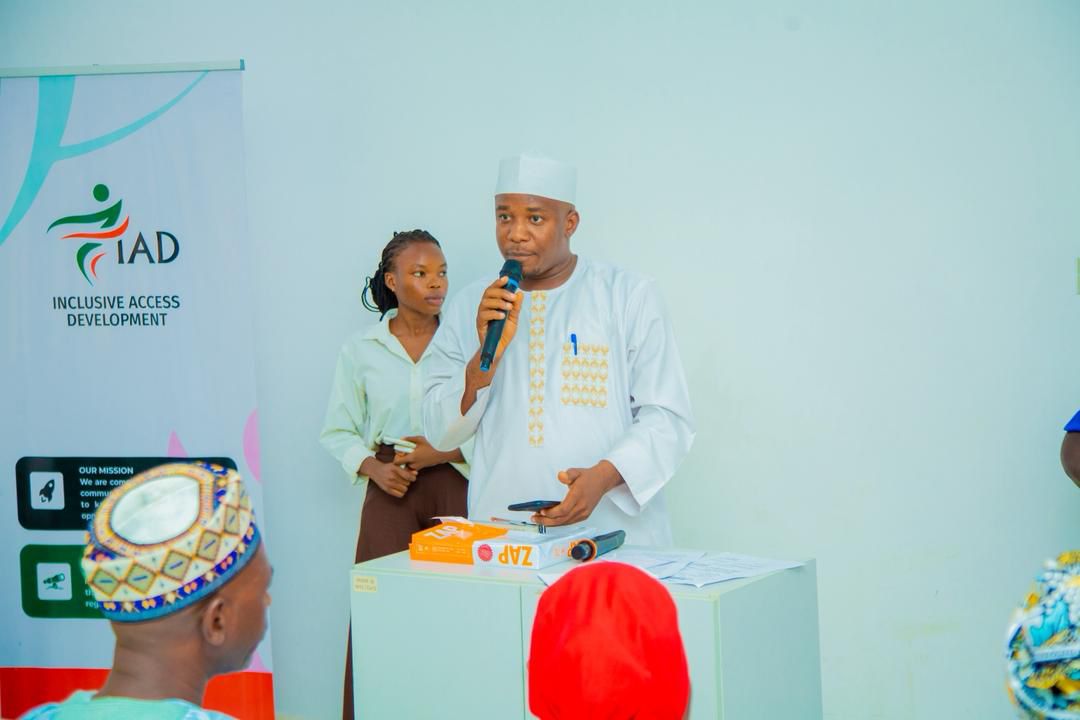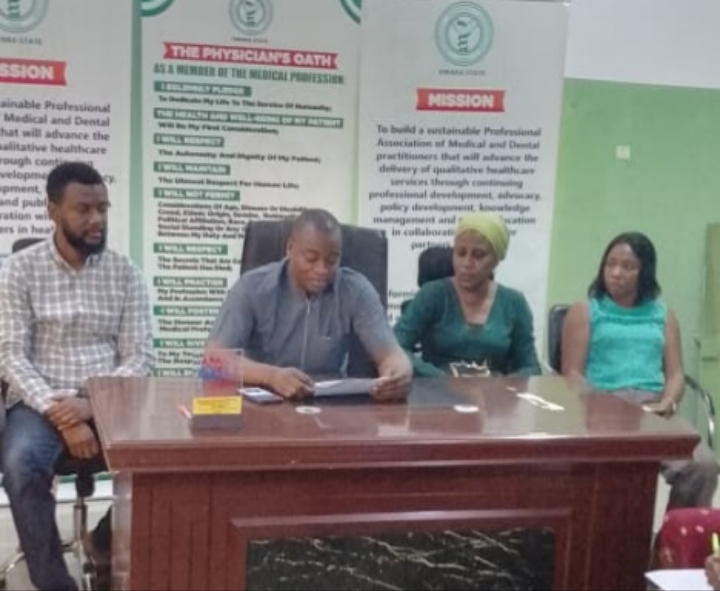By Abdullahi Alhassan in Kaduna | Oct. 22, 2025

Executive Director of the Civil Society Legislative Advocacy Centre (CISLAC) and Head of Transparency International (Nigeria), Auwal Ibrahim Musa Rafsanjani, has blamed Africa’s worsening fiscal challenges on weak governance, corruption, and illicit financial flows.
Speaking at the 2025 Annual Meetings of the International Monetary Fund (IMF) and the World Bank in Washington D.C., Rafsanjani described Nigeria’s rising debt profile as unsustainable and reckless, lamenting that most borrowings were directed at recurrent expenditure rather than productive investments.

“Most of the loans we take are not for development but for consumption,” he said on The Policy with Leah, a Nigerian current affairs programme. “There is little or no accountability around them. Civil society must be involved in monitoring these debts, especially when even lawmakers lack access to full disclosure.”
Rafsanjani supported global calls for debt cancellation, particularly for countries where loans have not translated into development. He aligned with the G24’s position that the debt crisis in developing nations has become a “trap.”
He also called for reforms at the IMF and World Bank, decrying what he termed the “disproportionate influence” of powerful nations over the governance structures of the two institutions. According to him, global financial systems must be more transparent, inclusive, and equitable to address inequality between developed and developing economies.

Turning to domestic issues, the CISLAC boss criticised Nigeria’s overreliance on oil, weak infrastructure, and insecurity, saying these factors continue to hinder investment and growth. He faulted government policies such as the removal of subsidies on healthcare, education, and transportation, warning that they have worsened poverty levels.
“It is ironic that while developed nations continue to subsidise critical services, we are removing support for the poor under the guise of reforms,” he said.Rafsanjani urged greater investment in science, technology, and education, warning that Nigeria risked being left behind in the global digital economy without adequate support for innovation and research.
He also advised governments to adopt Artificial Intelligence (AI) to promote transparency and track public expenditure more efficiently.
THE NEWSPOINTER NEWSPAPER
Your Trusted Daily Online News Source.
Bringing you the latest in:
🗞️ National & Local News | ⚽ Sports | 🧵 Fashion | 🏛️ Politics | 🚨 Breaking News
Published by: Humtaro & Co.
Rafsanjani further cautioned state governors to focus on internally generated revenue rather than relying solely on federal allocations, insisting that the recent rise in FAAC disbursements must reflect in citizens’ welfare.
He concluded by urging African leaders to prioritize institutional accountability and sustainable development financing, warning that without reform, the continent would remain trapped in a cycle of debt and underdevelopment.






